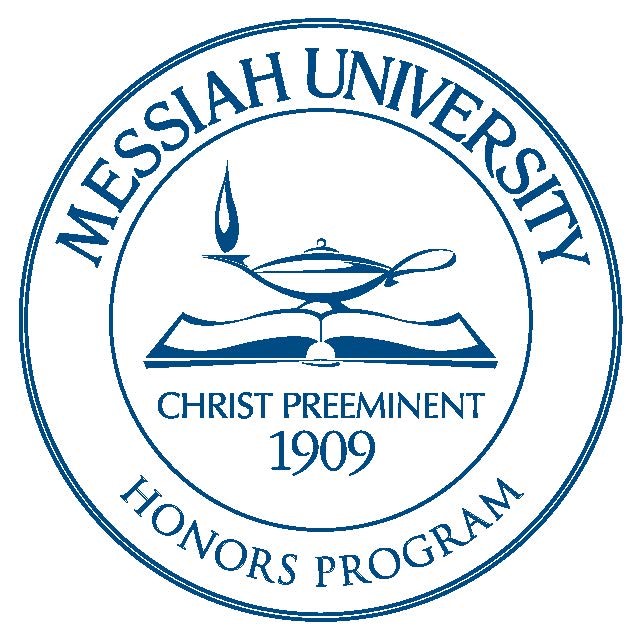Date of Award
5-5-2007
Document Type
Thesis
Department
Politics and International Relations
Abstract
While over the last fifty years democracy has become widely accepted as the preeminent political system, some scholars argue that the Asian emphasis on harmony and collectivism precludes the spread of democracy to these areas. Leaders such as the Former Prime Minister of Singapore, Lee Kuan Yew, argue that Asian culture is uniquely suited to semi-authoritarian government, and that Asia should not concern itself with the pursuit of egalitarian, pluralistic institutions (Zakaria, "Culture" 1 ). Yew also argues that if democracy in Asia were possible, it would contain unique characteristics which do not parallel Western democratic institutions (Zakaria, "Culture" 1 ). This purported disconnect between Asian values and democracy is belied by the emergence of nine new Asian democracies between 1986 and 1999, and the continued existence of three established Asian democracies (Lee 822).
This essay will first seek to establish that Asian culture does not necessarily preclude the creation of liberal democracies in Asia, and that Asian Way arguments are often utilized by authoritarian leaders in order to preserve the political status quo. By addressing Zakaria's dismissal of normative definitions for democracy, the alternative democratic model of Huber et al. will provide a rapprochement between normative and empirical means of analysis. This continuum approach, as proposed by Huber et. al., will assist in differentiating between government policies which are informed by East Asian cultural attributes and those which remain inimical to democracy. The last section of the essay will evaluate the likelihood of a democratic transition in China, and the characteristics of a Chinese Democracy.
Recommended Citation
Stotts, Bethany, "Liberal Democracy in Illiberal Contexts: A Model for Democratic Transition in China" (2007). Honors Projects and Presentations: Undergraduate. 281.
https://mosaic.messiah.edu/honors/281


